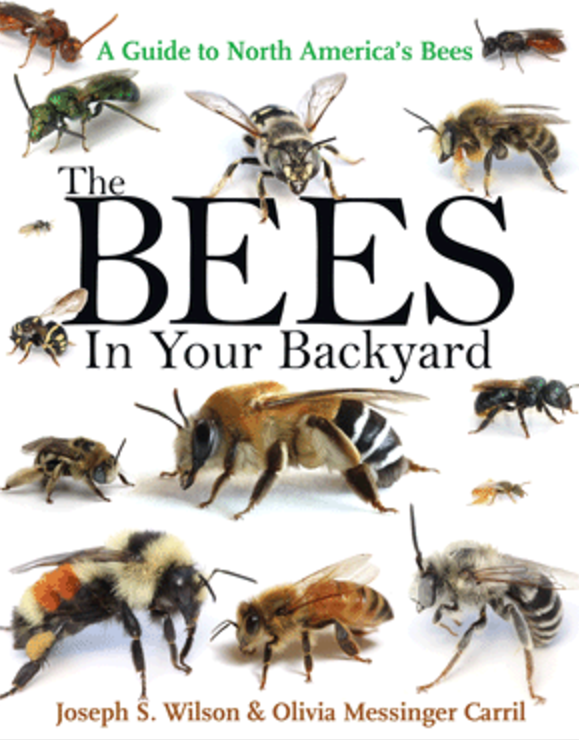Bees in Your Backyard Workshop Locations: July 29th or August 2nd, 2019.
Bees in Your Backyard with Olivia Carril: one day bee ID and biology workshops. Fee: $65 includes lunch and handouts. Each session to be held indoors and out with microscopes and field collecting. Please note: content is the same at each location.
Sponsored by: The Ohio State University Bee Lab, Stratford Ecological Center, and The University of Mount Union’s Huston Brumbaugh Nature Center.
Workshop Materials and Resources
Thanks for asking….links from workshop participants’ questions
Studies and resources mentioned:
- The Bees in Your Backyard — Olivia Carril and Joe Wilson on Facebook
- Historical changes in northeastern US bee pollinators related to shared ecological traits
- PLOS ONE: Life-Long Radar Tracking of Bumblebees
- Introduced Nonnative Bees, also here non-native bees
- USBombus, a database of contemporary survey data for North American Bumble Bees (Hymenoptera, Apidae, Bombus) distributed in the United States
- Specialist Bees of the Mid-Atlantic and Northeastern United States
- Giant resin bees for this workshop were collected from pagoda tree, Styphnolobium japonicum – Plant Finder – Missouri Botanical Garden
- MidAtlantic Native Bee Phenology – SlideShare
- USGS Bee Inventory and Monitoring Lab | Flickr
- Mosquito sprays and bee kills
2018 Workshop Handouts, Powerpoints and Links:
Common Ohio Bees, OSU Bee Lab check list
Ohio Introductory small handout
Olivia’s ppt programs, Part 1 and Part 2. To download or print, click on settings wheel at the bottom of each frame:
Keys
Bee Genera of Eastern Canada, key
Bee Biology and ID
Apoidea of Maryland, images and descriptions from Sam Droege
Bee Basics: an Introduction to Our Native Bees, Pollinator Partnership and USDA Forest Service
Bee Genera Cards, The Great Sunflower Project
Bees of Maryland: A Field Guide, North American Native Bee Collaborative
Bumble Bee ID Manual, MN Bee Lab
Conserving Wild Bees in Pennsylvania: Penn State University
Native Bee Benefits: Bryn Mawr College and Rutgers University:
Native Bees, Wild Bees and Solitary Bees: University of Minnesota
Pictoral Guide to Common NYC Bees, Kevin Matteson
Supporting Native Bees: Our Essential Pollinators, University of Wisconsin-Extension
Specialist bees of the Mid-Atlantic and Northeastern United States (including host plants), Droege and Fowler
Understanding Native Bees: University of Maine
The Very Handy Bee Manual, Sam Droege et. al.
Wild Bees of New York, Sharp-Eatman Nature Photography
Wild Pollinators of Eastern Apple Orchards and How to Conserve Them: Cornell University

